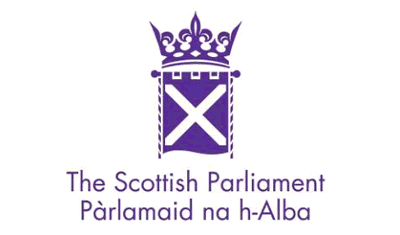We are very pleased by the outcome of the Scottish Parliament’s Environment, Climate Change and Land Reform (ECCLR) Committee, which has submitted the report from its recent inquiry to the Rural Economy and Connectivity (REC) Committee for a subsequent inquiry into the salmon farming industry. The ECCLR report calls for restraint on any increase in the industry until the present challenges are adequately addressed. It outlines an urgent need for increased investment in Scottish research and innovation, as well as better regulation of and transparency from the salmon farms. The main points are summarised below.
Present knowledge is inadequate
A review in 2002 established concerns regarding the environmental impact of salmon farming, which a subsequent review prepared for the 2018 inquiry found not only continued to exist but on an expanded scale and with greater impact. There has been little progress in tackling many of the key issues, and high levels of mortality persist. There has also been little focus on the application of the precautionary principle.
The inquiry found that significant gaps in the knowledge, data, monitoring and research around the adverse risk the sector poses to ecosystem functions, their resilience and the supply of ecosystem services. Therefore further information is essential in order to set realistic targets for the industry that fall within environmental limits.
Research and development is needed to improve the industry
Scotland needs an ecosystems-based approach to planning the industry’s growth and development in both the marine and freshwater environment, identifying where salmon farming can take place and what the carrying capacity of that environment is. As a matter of urgency independent research should be commissioned, including a full cost-benefit analysis of Recirculating Aquaculture Systems (RAS), and a comparative analysis with the sector as it currently operates in Scotland, alongside further development and implementation of alternative technical solutions, supported by the use of incentives.
As part of this, the industry should be required to fund the required independent and independently verified research and development. Changes to current farming practice must be made, and industry must clearly show that it can effectively manage and mitigate its impacts.
Current regulations require review
The current consenting and regulatory framework, including the approach to sanctions and enforcement, is inadequate and the sector is not regulated sufficiently. This needs to be addressed urgently to ensure further expansion is on an environmentally sustainable basis. The role, responsibilities and interaction of agencies requires review. Agencies need to be appropriately funded and resourced to fully meet their environmental duties and obligations, need to work together more effectively.
Adaptive management which takes account of the precautionary principle, (using real-time, farm by farm data) could have the potential to reduce environmental impacts, but additional detail is needed on how it would be applied in practice.
Future Expansion should be restricted
Scotland is at a critical point in considering how salmon farming develops in a sustainable way in relation to the environment. Industry growth targets of 300,000 – 400,000 tonnes by 2030 will place huge pressure on the environment. If the current issues are not addressed, the expansion will be unsustainable and may cause irrecoverable damage to the environment. The development and growth of the sector is taking place without a full understanding of the environmental impacts and an independent assessment of its environmental sustainability is necessary. Further development and expansion must be on the basis of a precautionary approach and must be based on resolving the environmental problems. The status quo is not an option.


